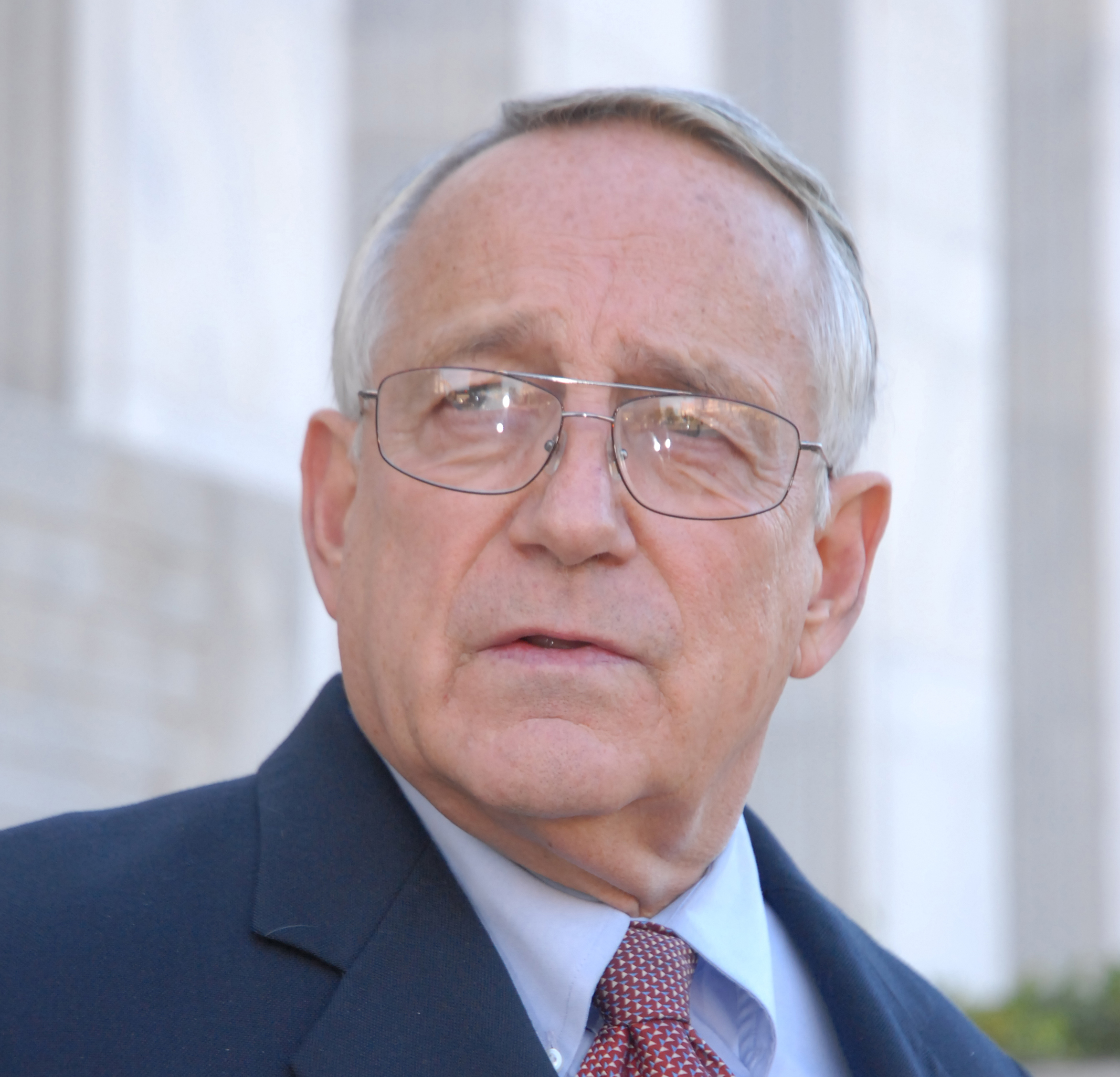Does a new Tennessee House bill fix a drug-and-alcohol fee system that a Chattanooga lawyer says is unconstitutional? That's what the Tennessee Supreme Court wants to know before it hears arguments on the issue later this month.
"It is ordered that the parties shall file supplemental briefs of whether legislation found in HB 1959-SB 1979 ... if enacted, has any effect on the issues in this appeal, including the question of mootness," the court said in an order Friday.
HB 1959, which the Legislature passed last month, would take a $250 drug-and-alcohol fee the Tennessee Bureau of Investigation receives for every successful impaired driving prosecution and funnel it to the General Assembly. From 2005-2017, court records show the TBI has collected $22 million from that fee, which the agency gets only when it wins a DUI-related case.
For that reason, Chattanooga attorney Jerry Summers said the fee system is unconstitutional, since someone with less financial means couldn't challenge a system that seemingly encourages convictions. Though the Criminal Court of Appeals agreed with Summers earlier this year, state attorneys appealed the ruling, arguing that TBI forensic scientists don't gain anything from undermining their blood work.
State attorneys say they also need the state Supreme Court to restore confidence in DUI enforcement: Since the appeals court ruling came out in February, some local impairment cases have been delayed. But there's another potential side effect: Many attorneys believe Tennessee courts can't allow blood or breathalyzer testing into evidence in DUI cases as long as TBI's crime lab continues to receive the $250 fee.
HB 1959 could fix that issue, since the TBI wouldn't be getting that fee. Instead, the agency would have to go before state legislators with requests for money. Though Gov. Bill Haslam has not yet signed the bill, his spokeswoman earlier this month said he is "deferred to the will of the legislature."
In the meantime, Summers and Tennessee's assistant solicitor general, Jonathan Daniel Shaub, must submit briefs about the effect of HB 1959 by May 24. They are scheduled to argue the case on May 31.
Contact staff writer Zack Peterson at zpeterson@timesfreepress.com or 423-757-6347. Follow him on Twitter @zackpeterson918.
